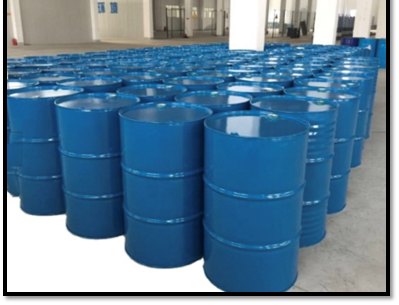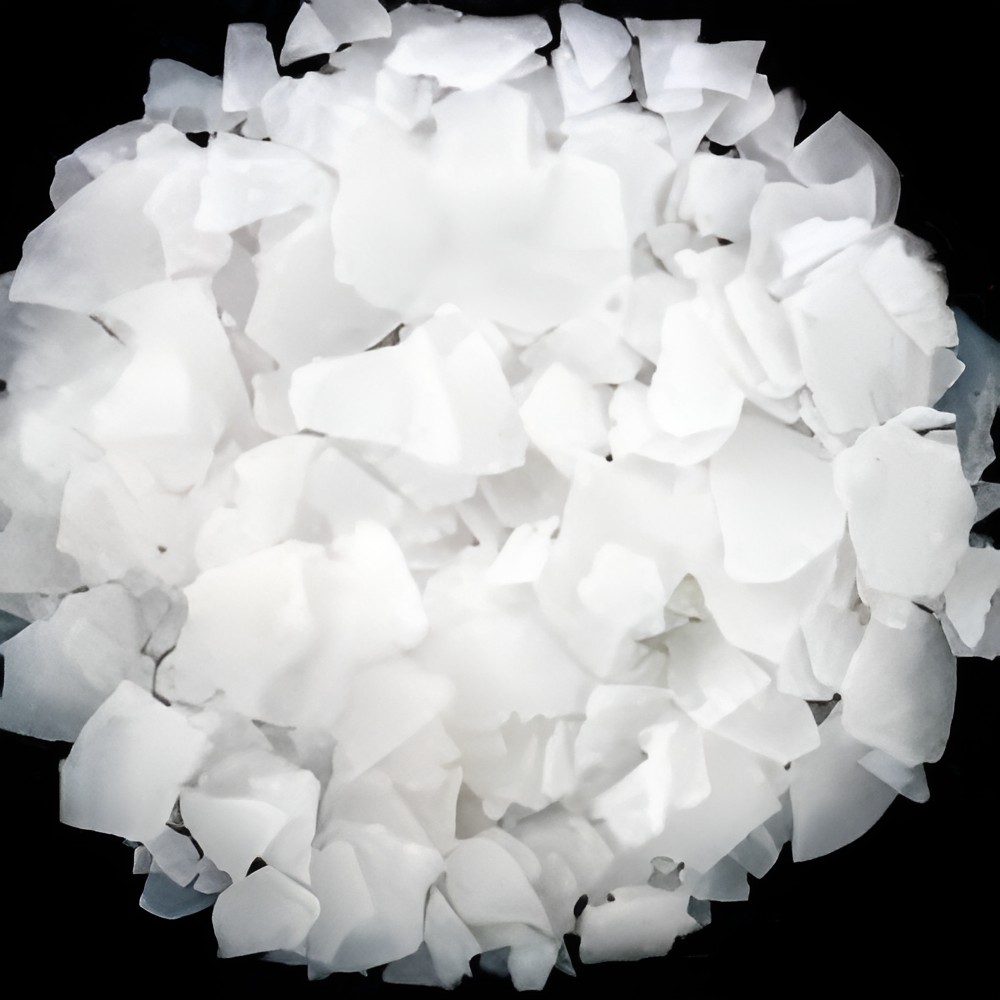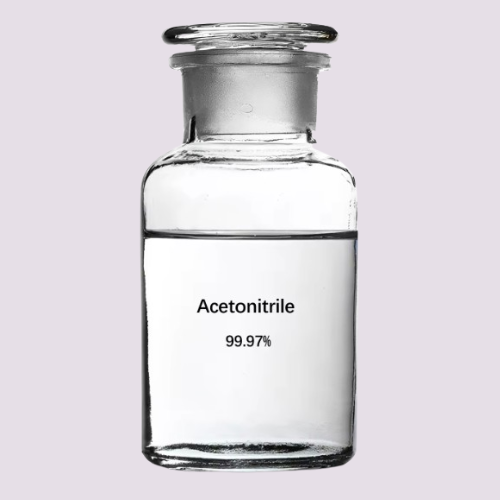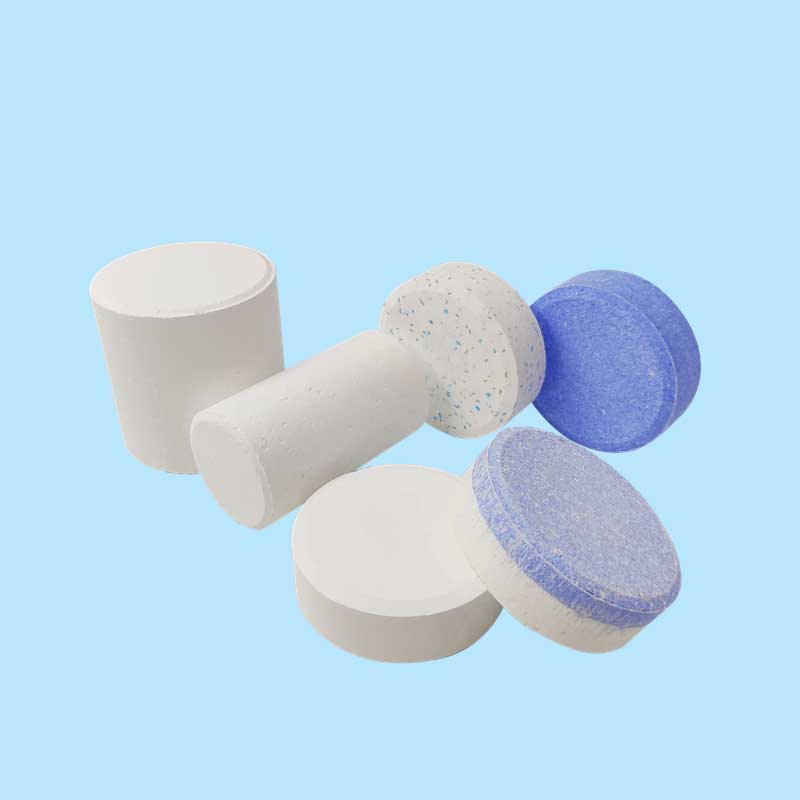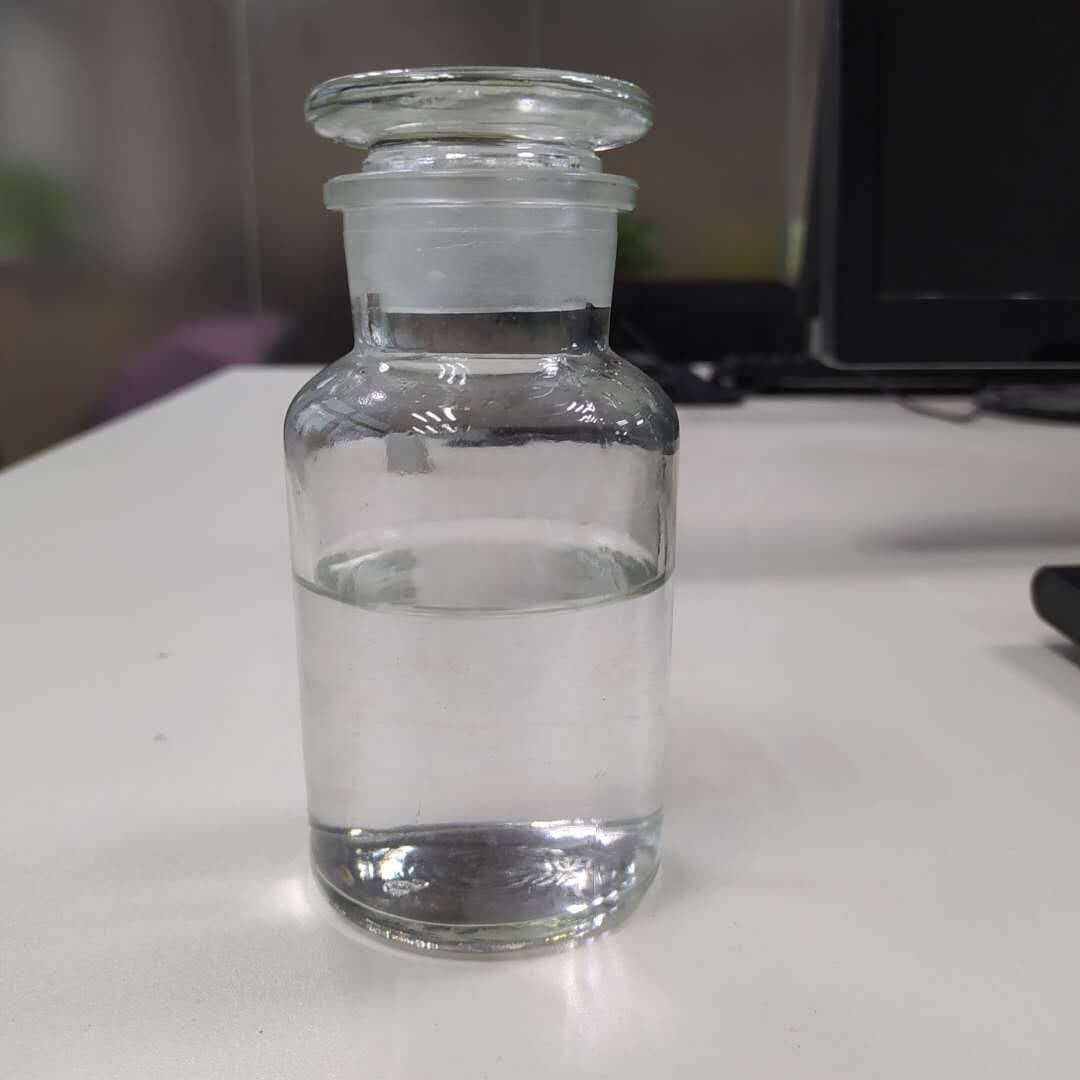Description
Propylene Glycol is a colorless, odorless, and slightly viscous liquid. Its great properties as a solvent, a moisturizer, and a chemical stabilizer impose broad uses of this liquid across industries. It is an organic and very versatile chemical compound; hence, its applications are widely distributed among the food, pharmaceutical, cosmetic, and chemical industries. Propylene Glycol is widely used as an active carrier or solvent in such products as e-liquids, flavorings, personal care items, and pharmaceuticals. It is also a very common ingredient in antifreeze and de-icing fluids because it lowers the freezing point of water.
In food processing, Propylene Glycol is generally regarded as safe for human consumption and acts as a humectant to help foods maintain moisture. As such, it is an important component in pharmaceutical preparations, mostly as a solvent in oral, injectable, and topical pharmaceuticals. It is incorporated in cosmetic products for skin and hair owing to its humectant and emollient properties, which enhance the feel and shelf-life of lotion, cream, and hair care formulations. Propylene Glycol is used in resin manufacture, plasticizers, and other chemical intermediates.
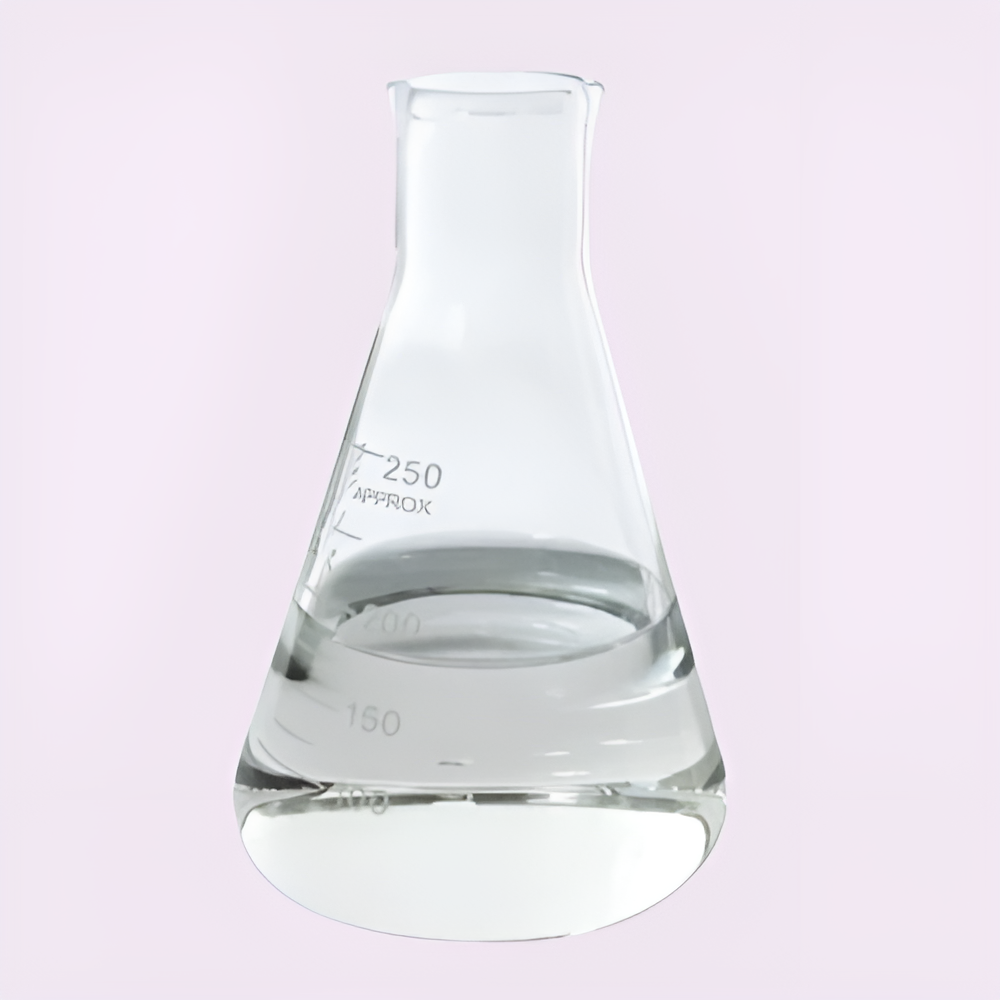
The product has a hygroscopic nature; hence, it absorbs water and can therefore be used in the controlling of humidity and also in the stabilization of volatile compounds in formulation. Low toxicity also allows Propylene Glycol to be applied for consumer and industrial uses.
Propylene Glycol is an organic chemical. It is a very useful chemical substance which is industrially produced from propylene oxide. It is classified as a diol and its chemical formula is C3H8O2.
Chemical Appearance
Propylene Glycol has the appearance of a viscous and colourless liquid. It is nearly odourless and has a somewhat sweet taste. It is soluble in water, acetone, and chloroform.
Chemical Applications and Strengths
Propylene Glycol or Propane-1,2-Diol is an extremely useful chemical compound and therefore, has many industrial applications. Its main applications and strengths are:
- Propylene Glycol is most commonly used for the large-scale production of polymers. It is used as chemical raw material for the making of unsaturated polyester resins (UPR). It reacts with unsaturated maleic anhydride and isophthalic acid to form a copolymer.
- It is reacted with propylene oxide to make oligomers and polymers that are consumed for the production of widely used polyurethanes.
- It is useful in water-based acrylic architectural paints. It’s slow evaporation rate allows it to stop the surface from drying.
- It is approved for use indirectly as a food additive. It has the E-number E1520 for food applications. It is used in coffee-based drinks, liquid sweeteners, ice cream, and soda etc.
- It is widely used in cosmetics and pharmaceuticals. E490 is the number for cosmetic products and pharmacological products.
- It is applicable as a carrier or base for many types of makeup in the cosmetics industry.
- It is an ingredient of vaporisers used for pharmaceutical or personal care products delivery.
- It is consumed as a humectant in hand sanitisers to avoid the skin from drying.
- It is effectively utilised as a solvent and carrier for various insoluble pharmaceutical products.
- It is largely employed to de-ice aircrafts.
- It is used as a replacement of ethylene glycol in environment friendly automotive antifreeze.
- It is an essential ingredient of electronic cigarette liquids. It is used as both a carrier and for creating vapour in them.
- It is very effective in depressing freezing point in slurry ice.
- It possesses the ability of trapping and preserving insects.
- Fake smoke and fog are created using Propylene Glycol for dramatic effect.
- As an additive Propylene Glycol is expended in PCR to decrease the melting temperature of nucleic acids.
Specifications:
- Chemical Formula: C₃H₈O₂
- Appearance: Colorless, odorless, slightly viscous liquid
- Density: 1.036 g/cm³
- Boiling Point: 188.2°C
- Melting Point: -59°C
- Solubility: Miscible with water, acetone, and chloroform
- CAS Number: 57-55-6
- Applications: Food processing, pharmaceuticals, cosmetics, antifreeze, de-icing solutions, chemical manufacturing
- Purity: 99.5%
- Viscosity: 0.042 Pa·s (dynamic)
- Shelf Life: 2 years
Features:
- Food-grade, pharmaceutical-grade, and industrial-grade options available
- Hygroscopic properties ideal for moisture retention
- Low toxicity, safe for human and animal consumption
- Versatile solvent and carrier for a wide range of applications
- Commonly used in e-liquids, cosmetics, food additives, and pharmaceuticals
- Excellent antifreeze properties for industrial applications
- Stable under a wide range of conditions
| Item | Value |
| Molecular Weight | Standard Specification ±10% |
| Acid Number | ≤0.5mg KOH/L |
| Water | ≤0.5% |




